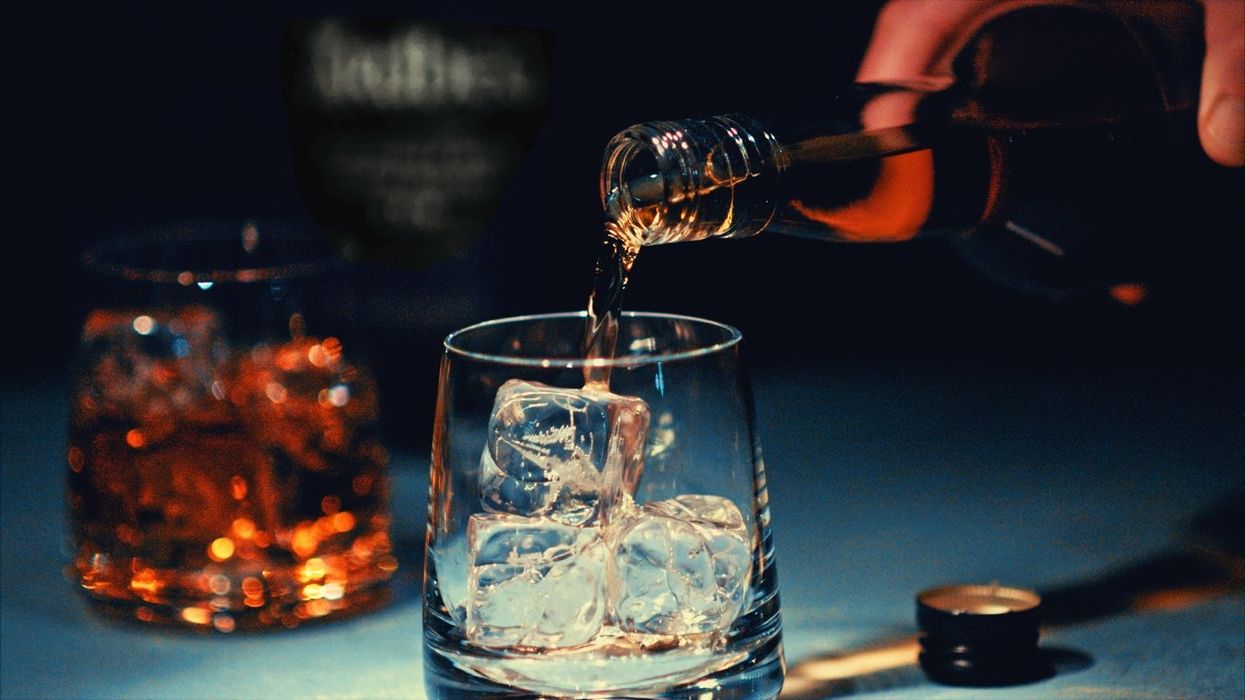WHEN the UK-India free trade agreement (FTA) negotiations gather steam after the July 4 general election, whisky tariffs will be one of the important issues.
The UK wants India to drastically lower tariffs on its whisky exports, currently as high as 150 per cent.
Tariffs have been a major stumbling block during 14 rounds of talks that three Conservative prime ministers have tried in vain to succeed.
India is the world’s largest whisky market and Scotch brands such as Ardbeg and Glenfiddich are considered an expensive indulgence due to high tariffs.
However, overall whisky consumption has increased in recent years, bolstered by the increased spending power of the Indian middle class.
UK's whisky exports to India were worth £218 million last year, an increase of 113 per cent from 2020, The Times reports.
It is the second-largest export destination by volume after France, but premium Scotch makes up only 3 per cent.
The biggest challenge the distillers face is an import tariff of 150 per cent, plus state duties that can be nearly as high — making them prohibitively expensive.
The deal is expected to be a top priority for the new incoming UK government, most probably Labour headed by Sir Keir Starmer.
According to the Scotch Whisky Association (SWA), greater access to the Indian market could boost sales in India nearly fivefold to more than £1 billion, creating up to 1,300 jobs.
They feel India will also benefit as increased sales would boost federal and state revenues by £3.4 billion annually.
SWA chief executive Mark Kent noted that the Indian market was of vital importance to Scotch whisky as exports have surged by more than 200 per cent in the past decade.
Lure of Scotch
The prospect of a more affordable premium Scotch has also excited its Indian users, which has grown steadily since the British Raj days.
By the turn of the previous century, Scotch was a staple in British clubs and officers’ messes, but Indians preferred locally distilled brew.
To popularise it among Indians, William Grant, founder of the distillery that produces Glenfiddich, dispatched his son-in-law in 1909 to India.
Magandeep Singh, author of The Indian Spirit : The Untold Story of Drinking in India, told The Times that Indians with British connections started drinking whisky, attracted by its association with power and prestige. It soon became an “aspirational” drink, a sign of upward social mobility, he added.
When India attained independence in 1947, many British legacies were cast aside, but the allure of Scotch remained strong.
The drink was popularised in Bollywood films. Since 2000, the expanding middle class with more purchasing power became its major clientele.
Currently in India, cheaper blended whisky is the choice of many. They are often made from molasses and matured for only 12-18 months. They are not classified as whisky elsewhere.
This is another sticking point in the trade negotiations. British and European criteria require that whisky must be matured in a wooden cask for at least three years.
But Indian distillers argue that India's warmer climate leads to faster maturation and want such drinks to be marketed as whiskies in the UK and EU.
Rishi Sunak also pushed hard for a deal in meetings with Modi but failed.




